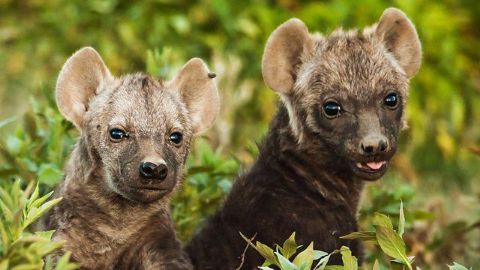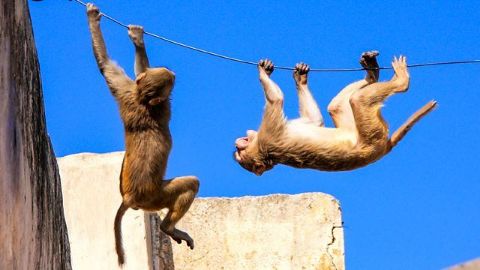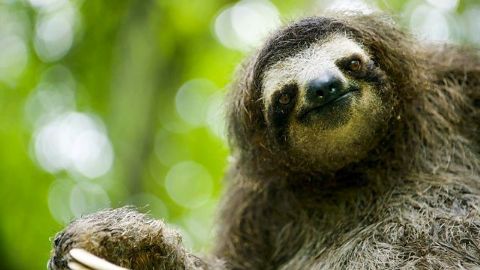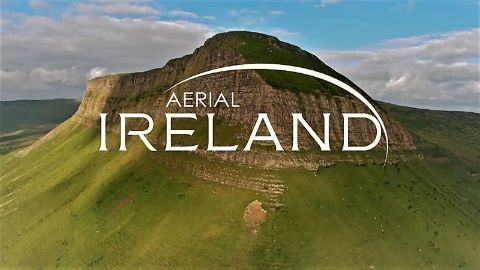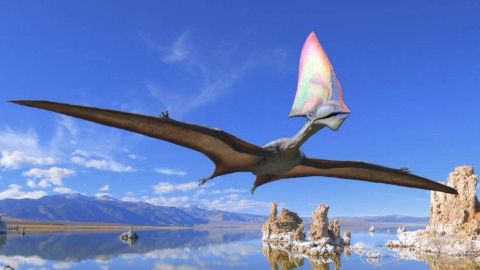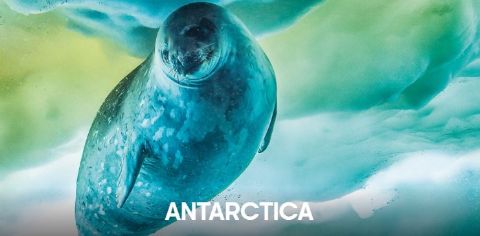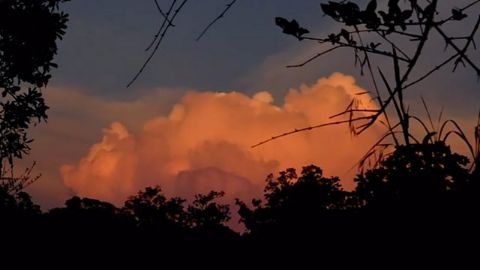Survival • 2018 • episode "S1E3" • Animals Behaving Badly
Liz meets the animal rebels who will stop at nothing to survive. From cockatoos vandalising houses in Sydney, to crabs who hold nemones hostage to protect themselves, it seems there are no lengths these animals won't go to. Liz sets out to see these animals in action, revealing the science behind their extreme behaviours. She meets the sloth whose disgusting hygiene habits may help hide it from predators, the stone martens who cause millions of pounds' worth of damage to cars to protect their territories and the chimpanzees who use bullying tactics to get to the top. As Liz discovers, when life in the wild gets tough, this outrageous behaviour could just be the key to survival.
Make a donation
Buy a brother a hot coffee? Or a cold beer?
Hope you're finding these documentaries fascinating and eye-opening. It's just me, working hard behind the scenes to bring you this enriching content.
Running and maintaining a website like this takes time and resources. That's why I'm reaching out to you. If you appreciate what I do and would like to support my efforts, would you consider "buying me a coffee"?
Donation addresses
BTC: bc1q8ldskxh4x9qnddhcrgcun8rtvddeldm2a07r2v
ETH: 0x5CCAAA1afc5c5D814129d99277dDb5A979672116
With your donation through , you can show your appreciation and help me keep this project going. Every contribution, no matter how small, makes a significant impact. It goes directly towards covering server costs.
